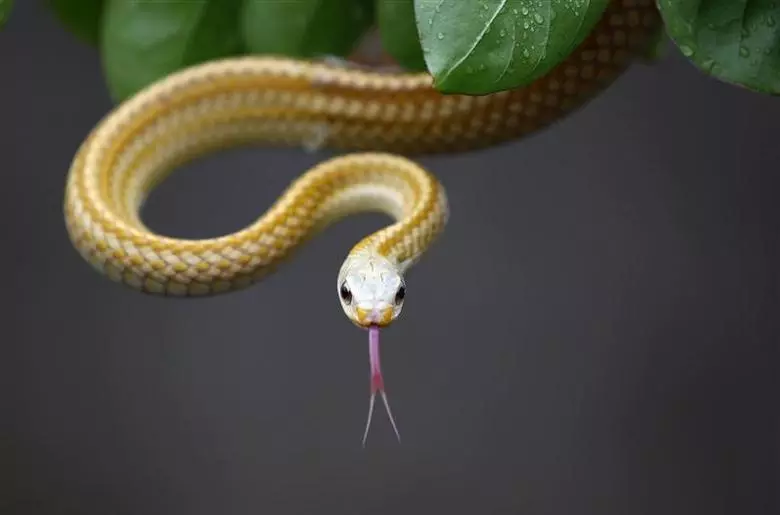
Human saliva may become as lethal as snake venom: Study
text_fieldsSeveral studies have found that oral wounds heal much faster than skin wounds and leave fewer scars because saliva has more healing properties. However, a game-changer revelation was made by Japanese scientists in a recent study that says human saliva may evolve to be as venomous as snakes.
Researchers from the Okinawa Institute of Science and Technology Graduate University (OIST) and the Australian National University in Japan discovered a link between venom glands in snakes and salivary glands in mammals by examining the genes of 3,000 snake fossils known for their venomousness. The study examined oral venom systems that likely originated from a gene regulatory network termed as "metavenom network," that helps to function in protein folding and modification.
Venom mechanism in animals is generally to defend itself or to kill or stupefy preys and, in some cases, even gastric liquids have certain properties of venoms. Observing the genetic basis of the evolution, the scientists say at some point humans may spit out poison like snakes but in the distant future. As evolution is accredited to several natural conditions, human evolution is expected to modify considerably, and that may develop harmful venom as a characteristic.
"We needed to look at the genes that were present before venom's origin, genes which enabled the rise of venom systems," said first author, Agneesh Barua, to Live Science. "Many scientists intuitively believed this is true, but this is the first real solid evidence for the theory that venom glands evolved from early salivary glands."
"If a cobra's brain were to start expressing the genes that its venom glands expressed, the snake would immediately die of self-toxicity. The importance of this paper goes beyond just this field of study because it provides a starting platform for all of those kinds of interesting questions," said Bryan Fry, a biochemist and venom expert at The University of Queensland in Australia, to Live Science.
The findings have been published in the journal Proceedings of the National Academy of Sciences.























